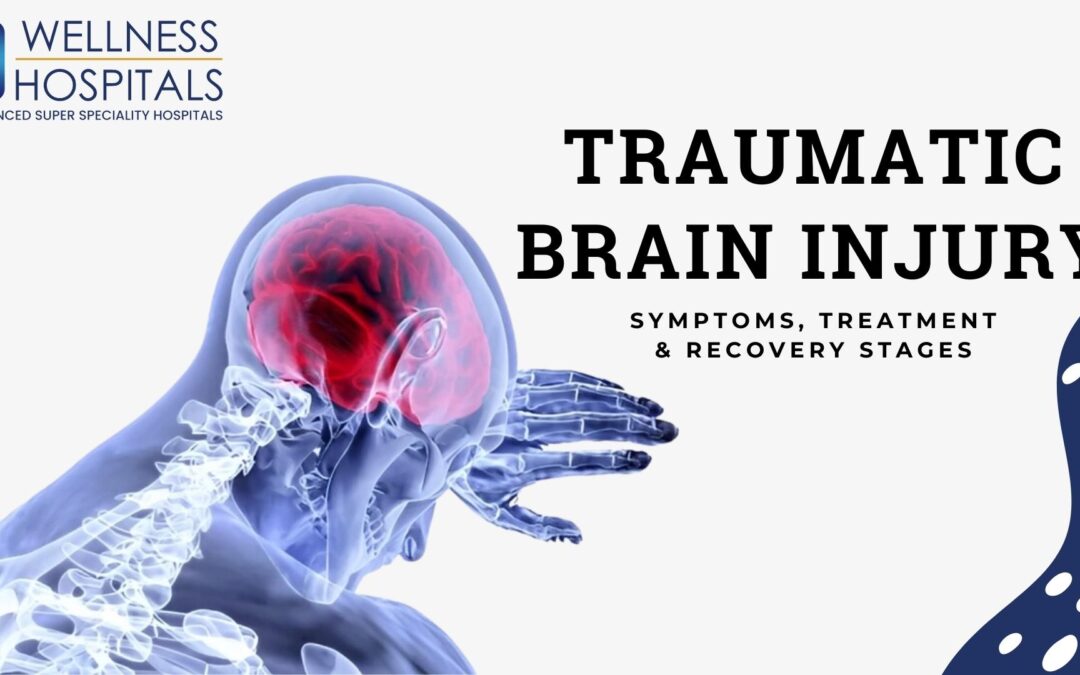Traumatic Brain Injury (TBI) is a complex medical condition caused by a sudden blow or jolt to the head that disrupts normal brain function. TBIs can range from mild to severe, and their effects can be short-term or long-lasting. In this blog post, we will discuss the definition of TBI, its types, symptoms, treatment, and recovery stages.
Definition of Traumatic Brain Injury:
TBI is a type of acquired brain injury that occurs when an external force causes damage to the brain. This damage can result in a wide range of physical, cognitive, and emotional symptoms. TBIs are classified based on their severity and can be mild, moderate, or severe.
Types of Traumatic Brain Injury:
There are several types of TBI, including:
- Concussion: A mild TBI that usually resolves on its own within a few days or weeks.
- Contusion: A bruise on the brain that can cause bleeding and swelling.
- Penetration: This occurs when an object penetrates the skull and damages the brain.
- Diffuse Axonal Injury: A severe TBI that results from the brain being violently shaken or rotated inside the skull.
Symptoms of Traumatic Brain Injury:
The symptoms of TBI can vary depending on the severity of the injury. Mild TBI symptoms may include headaches, dizziness, and confusion, while severe TBI symptoms may include seizures, coma, and even death.
Treatment for Traumatic Brain Injury:
Treatment for TBI can vary depending on the severity of the injury. Mild TBI may require rest and pain management, while more severe TBI may require surgery, rehabilitation, and ongoing medical care. Treatment can also include physical, occupational, and speech therapy.
Traumatic Brain Injury Recovery Stages:
Recovery from TBI can be a long and complex process, with several stages that a patient may go through. These stages include:
- Acute Care: The initial phase of treatment, where the focus is on stabilizing the patient and preventing further damage.
- Rehabilitation: The patient receives physical, occupational, and speech therapy to regain lost functions.
- Community Re-Entry: The patient transitions back to their normal life, with ongoing medical care and support as needed.
- Long-Term Recovery: The patient continues to work on their recovery, making progress and adjusting to any long-term changes caused by the injury.
Traumatic Brain Injury Examples:
Some common examples of TBI include:
- Sports-related concussions
- Car accidents
- Falls
- Assaults
In conclusion, Traumatic Brain Injury is a serious medical condition that can have a wide range of physical, cognitive, and emotional symptoms. Early diagnosis and treatment can significantly improve a patient’s chances of recovery. If you or a loved one has experienced a TBI, it’s essential to seek medical attention immediately and work with your healthcare team to develop a comprehensive treatment plan that includes ongoing support and care.


